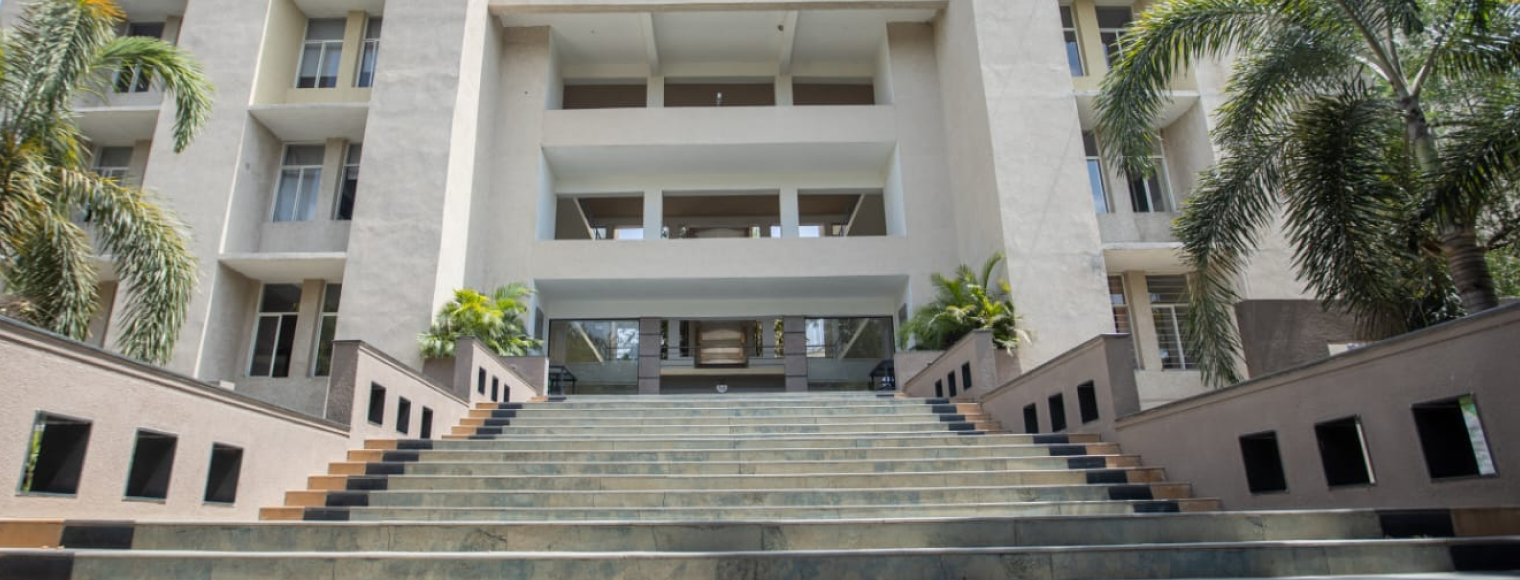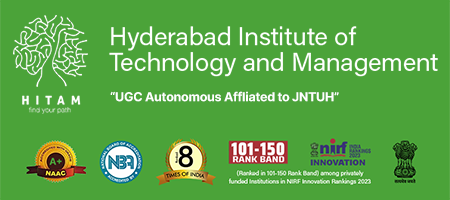Department of Electronics and Communication Engineering
The Department thrives on innovation, offering quality education
and hands-on learning in electronics.
Course Overview
The department offers a B.Tech program with 120 seats, focusing on quality education and research. It features advanced labs and encourages students to engage in innovative in-house projects.

Our Vision
To achieve academic and research excellence in Electronics and Communication Engineering by imparting multidisciplinary skills that prepare students to meet industry needs, achieve career goals, and contribute to society.
Our Mission
To build a strong foundation in Electronics and Communication Engineering with a focus on practical skills, problem-solving and technical knowledge.
To promote a student-centric ecosystem that promotes innovation, multidisciplinary learning, and collaborative research in emerging technologies.
To nurture socially responsible engineers by encouraging sustainable practices, ethical values, and active engagement with industry and community.
Program Educational
Objectives (PEOs)
To exhibit strong team collaboration and professional competence in both IT and core electronic sectors.
To excel in higher education and research with strong technical knowledge, critical thinking, and innovative skills in emerging technologies
To address society needs through multidisciplinary engineering projects approach
Program Specific Outcome Statements (PSOs)
Apply the Knowledge of Domain Skills in the Design and Development of Electronic Circuits, VLSI and Embedded Systems
Demonstrate the Competency in Solving the Practical problems using Signal Processing and Communication systems that Contribute towards societal needs
Program Outcomes
Apply the knowledge of mathematics, science, engineering fundamentals, and an engineering specialization to the solution of complex engineering problems.
Identify, formulate, review research literature, and analyze complex engineering problems reaching substantiated conclusions using first principles of mathematics, natural sciences, and engineering sciences.
Design solutions for complex engineering problems and design system components or processes that meet the specified needs with appropriate consideration for the public health and safety, and the cultural, societal, and environmental considerations.
Use research-based knowledge and research methods including design of experiments, analysis and interpretation of data, and synthesis of the information to provide valid conclusions.
Setting the highest ethical standards for self and others in everything we do. Our actions, behaviors and conduct must always generate trust and confidence in our stakeholders.
Create, select, and apply appropriate techniques, resources, and modern engineering and IT tools including prediction and modeling to complex engineering activities with an understanding of the limitations.
Understand the impact of the professional engineering solutions insocietal and environmental contexts, and demonstrate the knowledge of, and need for sustainable development.
Apply ethical principles and commit to professional ethics and responsibilities and norms of the engineering practice.
Function effectively as an individual, and as a member or leader in diverse teams, and in multidisciplinary settings.
Communicate effectively on complex engineering activities with the engineering community and with society at large, such as, being able to comprehend and write effective reports and design documentation, make effective presentations, and give and receive clear instructions.
Demonstrate knowledge and understanding of the engineering and management principles and apply them to one’s work as a member and a leader of a team, in managing projects in a multidisciplinary environment.
Recognize the need for, and have the preparation and ability to engage in independent and life-long learning in the broadest context of technological change.
Our Faculty
Dr. Bhogadi Lokeswara Rao (Ph.D.)
30 Years ExperienceProfessor
Microwave and Radar
Dr. Suggubodi Venkateswarlu Devika (Ph.D.)
18 Years ExperienceProfessor
Communication Engineering
Dr. Kasarla Satish Reddy (Ph.D.)
30 Years ExperienceAssociate Professor
VLSI
Dr. Rajeshwar Goud Jangampally (Ph.D.)
17 Years ExperienceAssociate Professor
Communication Engineering
Dr. Kalasapati Bindu Madhavi (Ph.D.)
18 Years ExperienceAssociate Professor
VLSI
Dr. Gottam Omprakash (Ph.D.)
3 Years ExperienceAssistant Professor
Signal Processing
Mr. Pokala Santhosh (M. Tech.)
16 Years ExperienceAssistant Professor
Electronics and Communication
Mr. Punati Kondala Rao (M. Tech.)
13 Years ExperienceAssistant Professor
Embedded systems
Mrs. Velicharla Moshe Rani (M. Tech.)
11 Years ExperienceAssistant Professor
VLSI
Mrs. Chatragadda Shanthi Priya (M. Tech.)
7 Years ExperienceAssistant Professor
ES & VLSI
Mrs. Vallabhapurapu Tejaswi (M. Tech.)
8 Years ExperienceAssistant Professor
ES & VLSI
Mr. Pengerla Naga Venkata Naveen Kumar (M. Tech.)
2 Years ExperienceAssistant Professor
ES & VLSI
Mr. Tunga Venkanna Babu (M. Tech.)
8 Years ExperienceAssistant Professor
ES & VLSI
Dr. Thirumuru Ramakrishna (P.h.D.)
28 Years ExperienceProfessor
Signal Processing
Labs
| Name of the lab | Location & Carpet area | List of equipment | Total cost of the lab |
|---|---|---|---|
| ups -1 | |||
| S09 | 132 sq (11X12) | SYSTEMS -60 | Rs. 13,15,100/- |
| T17 | 100 sq (10X10) | SYSTEMS -60 | Rs. 9,45,375/- |
| ups -1 | |||
| client systems-30 | |||
| Server-1 | |||
| T19 | 132 sq (11X12) | SYSTEMS -30 | Rs. 6,28,300/- |
| ups-1 | |||
| h/w kit-1 | |||
| client systems-30 | |||
| server-1 |

